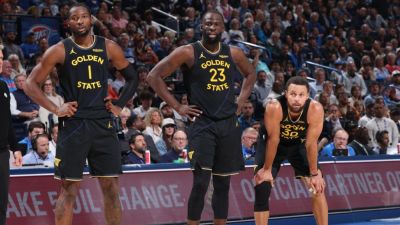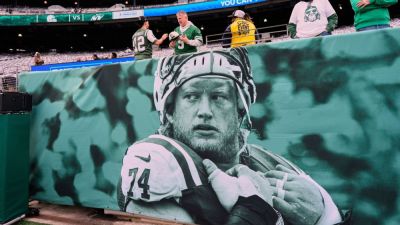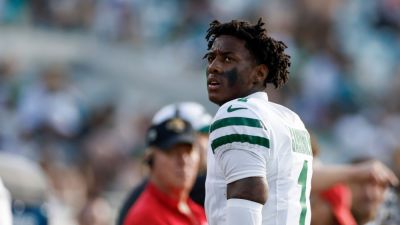Wetzel: Sports-betting money is good, but it's not cheap - ESPN
Nearly every sports league, team and operation (including, ahem, media outlets) wants in on sports wagering revenue. Sponsorships. Partnerships. Advertising. It's legal, after all.
Maybe it's direct payments. Maybe it's advertising dollars from increased viewership that come through bigger and bigger broadcast deals. Whatever the source, sports is awash in gambling cash.
Nothing comes for free, though, and on Thursday, the bill came due for the NBA.
Every other league can only look on and know that if there was ever a sure-bet, it's that this won't be the last time a parade of FBI and Department of Justice figures stage a news conference to detail a slew of indictments over unsavory behavior involving sports betting.
More than 30 people were arrested, including big shots such as Mr. Big Shot — Hall of Fame player and current Portland Trail Blazer coach Chauncey Billups. Meanwhile, officials kept citing the juicy involvement of La Cosa Nostra and New York crime families, including the Gambinos and Genovese.
Like a «Hollywood movie,» Ricky Patel of Homeland Securities Investigations said.
Try the veal, it's the best in the city.
Gambling scandals are not new in sports — from the Black Sox to Tim Donaghy. However, the proliferation of legalized sports wagering, putting betting in everyone's face, if not their phone, almost assuredly makes the games more susceptible.
The indictments contained fascinating high-tech details of underground poker games with X-ray card readers to help organized crime rig the action. And there were the alleged actions of Damon Jones, a former player and assistant coach who the feds say tipped off others about injuries the public didn't yet know about.
One example: a certain unnamed Los Angeles








